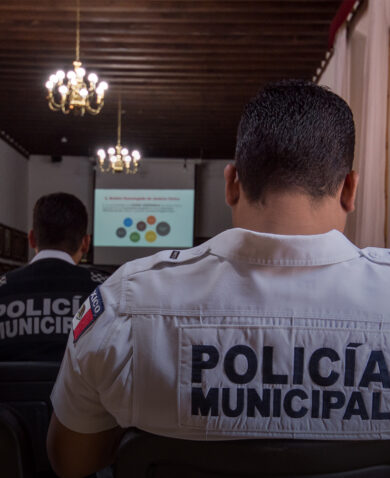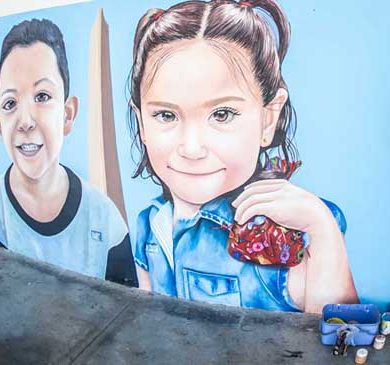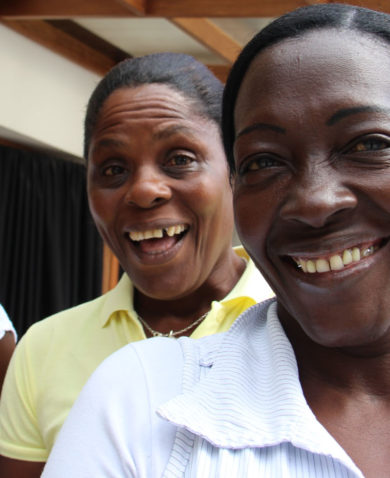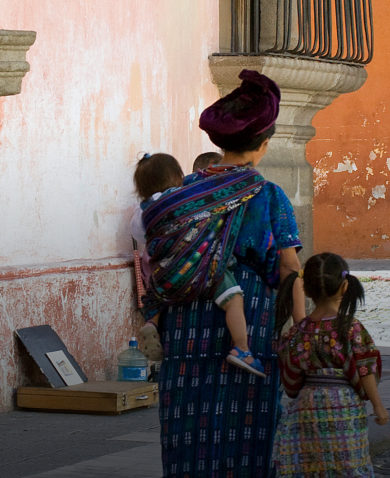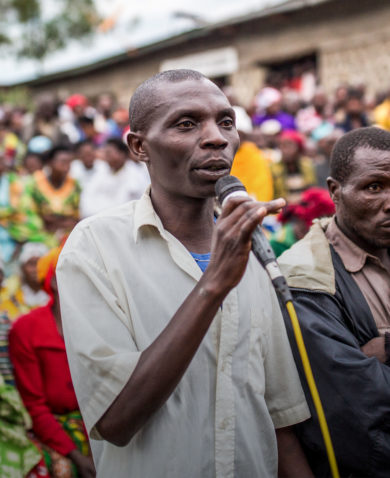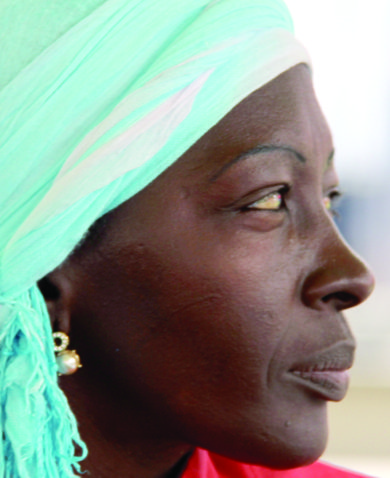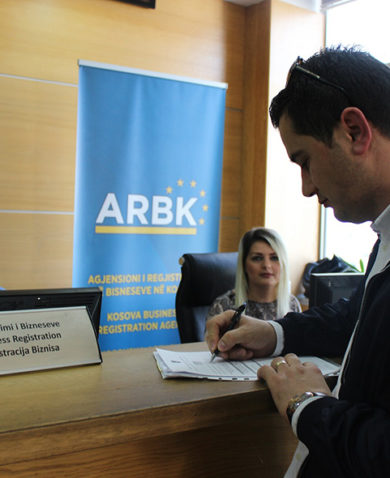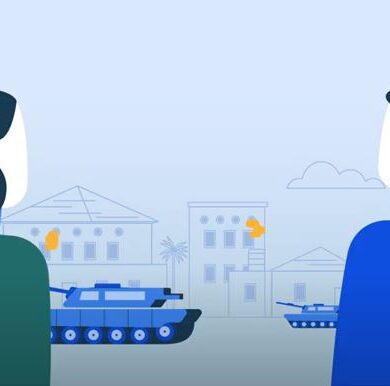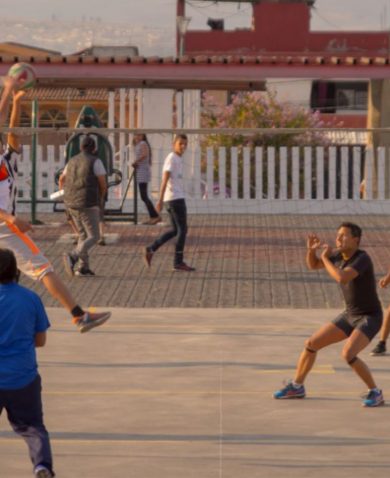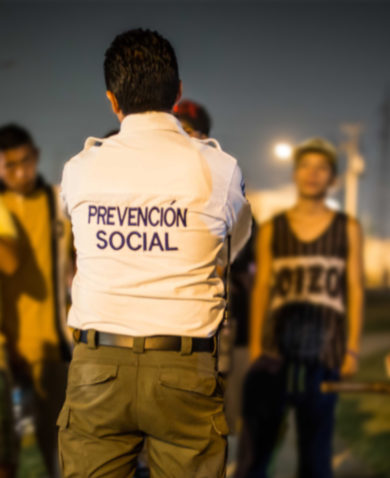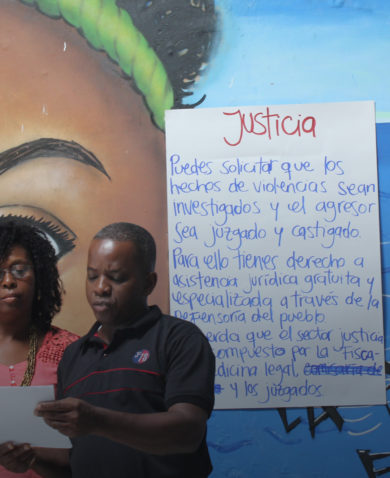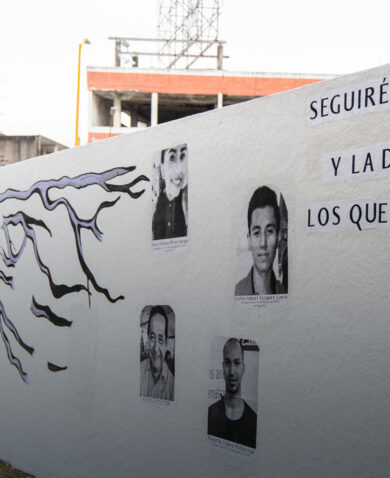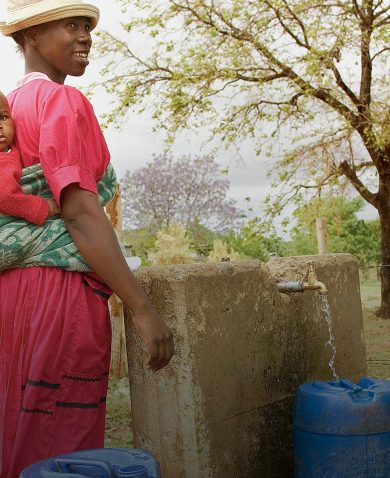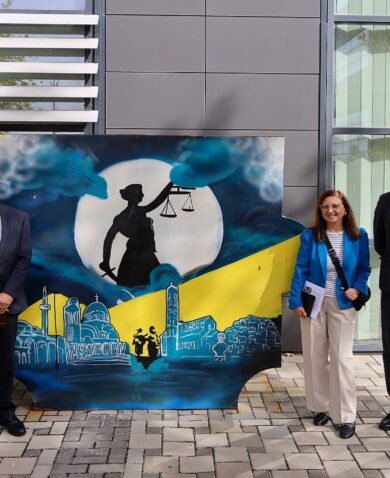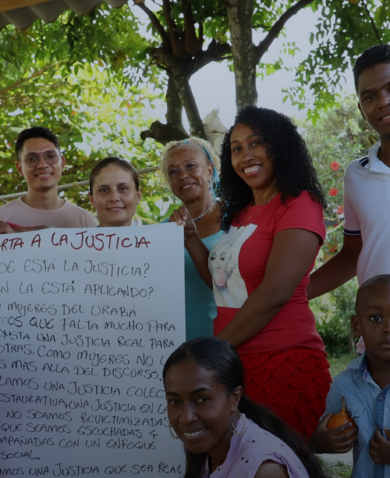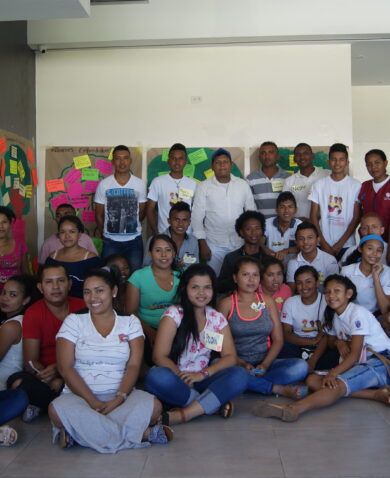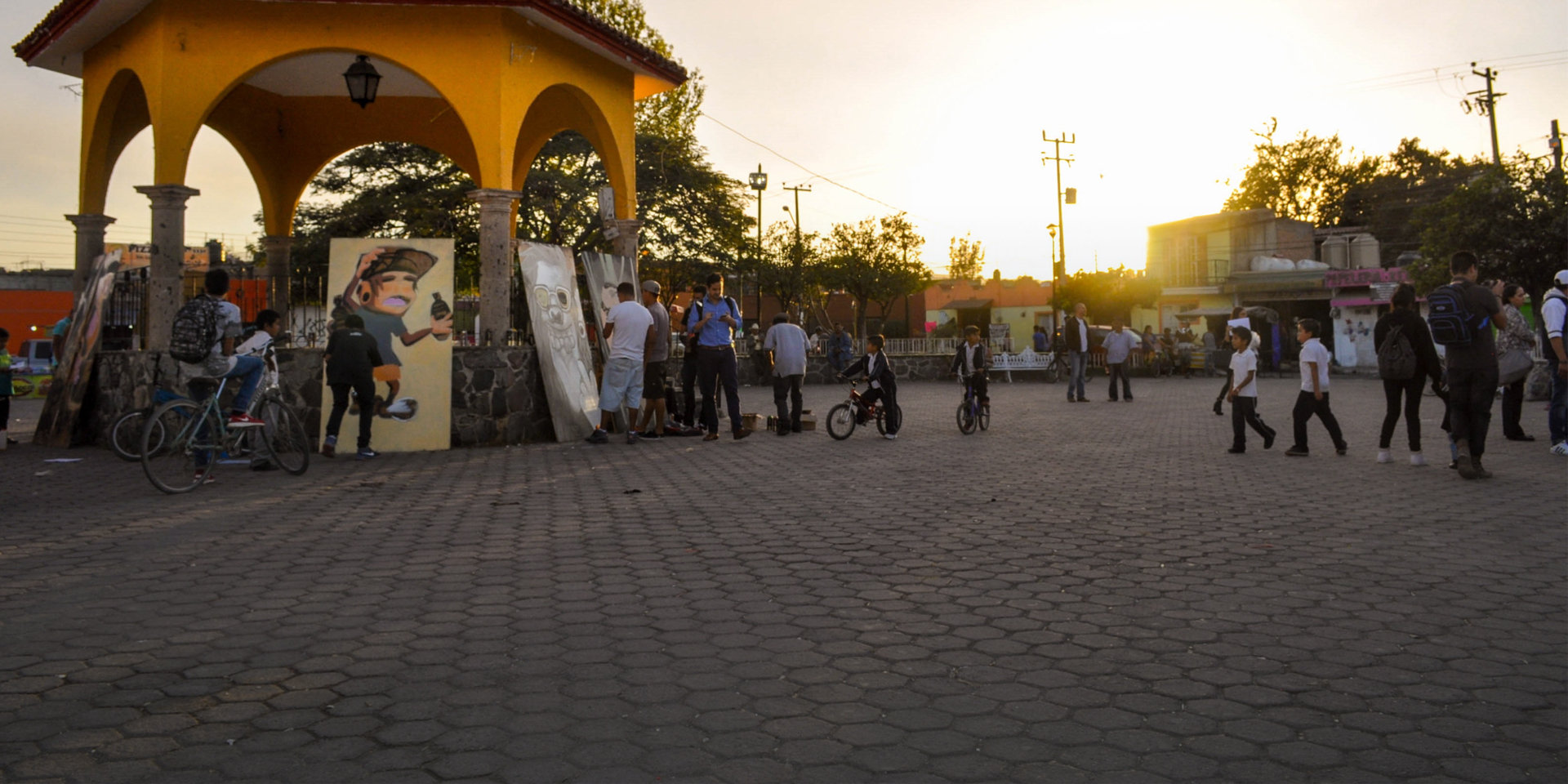
A New Solution for Advancing Criminal Justice in Latin America
June 13, 2019 | 4 Minute ReadThe impact investing model Pay for Success (PFS) has gained traction in the United States to support criminal justice-oriented programs. Ariana Szepesi-Colmenares asks: Shouldn’t the development community look more closely at PFS’ potential to achieve results in Latin America, too?
Nearly half of Latin American countries rank among the nations with the highest impunity scores worldwide, suggesting that criminal justice systems lack resources to prosecute and try crimes effectively in a context of widespread crime and violence. Yet, Latin America has the partners, the resources, and the interest to tap one promising solution to the shortcomings of the criminal justice system: impact investing. Engaging the private sector to support interventions for victims and offenders, through impact investing, opens new possibilities to improve the quality and effectiveness of justice delivery.
In Latin America, impact investing is growing rapidly. A 2018 report on impact investing trends suggests that at least 67 investors are actively engaged in the region, 55 of which have invested a total of $1.4 billion in 860 investments, mainly in the agriculture and microfinance sectors. Impact investing has been particularly high in Mexico, Colombia, Ecuador, Peru, and — to a smaller extent — in Central America. Impact investing takes various forms, but one model, Pay for Success (PFS), has gained traction in the United States to support criminal justice-oriented programs targeting juvenile and adult offenders. PFS has the potential to bolster enterprise-led development, which could allow Latin American and international investors to share the risks and the rewards of criminal justice and citizen security strategies for greater social and economic outcomes. Implemented in the last decade, primarily in the United Kingdom and the United States, PFS is still a nascent model that has not established itself in the international development sphere. But what is PFS, and why should the development community look more closely at its potential in Latin America?
PFS is a financing model that allows governmental and non-governmental service providers to access upfront capital to pilot or scale up evidence-based interventions targeting vulnerable populations. PFS has not been applied yet in the citizen security and criminal justice space in Latin America, but U.S.-based examples provide some insights into what PFS can do to advance evidence-informed criminal justice reform:
1. Closing the knowledge gap. PFS can help close the knowledge gap in Latin America about what works and what does not to advance citizen security and reform criminal justice systems. For instance, U.S. applications of PFS have showcased the impact of applying cognitive behavioral therapy on offenders. PFS can incentivize innovations to solve complex justice problems by transferring the risk to investors: outcome payers (i.e., the donor) repay private funders only if an independent evaluation demonstrates the program’s positive impact on the chosen social outcome, e.g., criminal recidivism. PFS can also facilitate local stakeholders’ access to additional resources to scale up such interventions once proven effective in reducing crime or improving justice service delivery. PFS allows the private sector to effectively contribute to collaboration, learning, and adapting, while directly engaging in criminal justice transformations.
2. Improving secondary and tertiary prevention. PFS can help non-governmental organizations — such as community-based organizations, youth-targeted organizations, and even faith-based groups in some contexts — deliver justice services that are proven to reduce criminal recidivism among adult offenders or facilitate diversion programs to reduce judicial backlog and prison overcrowding. In Latin America, non-governmental organizations often lack the means to deliver these types of services, and collaboration with other sectors is very limited. PFS can help improve secondary and tertiary prevention by overcoming these structural limitations. To illustrate this, in Ventura County, California, the nonprofit social services agency Interface Children and Family Services has served 400 medium-to-high risk adults on formal probation. The organization offers individualized reentry services, including trauma-informed therapy, moral reconation therapy, relationship and parenting skills-building, and job placement. The outcome payer will repay the pool of private investors — mainly philanthropic organizations — who provided the upfront capital based on the impact measured by randomized control trials. These demonstrate impact through the numbers of annual quarters in which each enrolled client is not arrested and the reduction in recidivism over a 12-month period.
3. Supporting juvenile justice reform. This is a key development priority across Latin America where treatment of juvenile offenders needs to become more individualized, age-appropriate, and responsive to the risks and needs level of each minor to reduce recidivism and juvenile incarceration. This is particularly true in Central America’s Northern Triangle where juvenile offenders are often victims of an adult-oriented criminal justice system that fails to address their age-specific psychological, social, and educational development needs. The Massachusetts Juvenile Justice Pay for Success Initiative — a seven-year program and the largest Pay for Success investment in the United States to date — aims to reduce recidivism and improve employment outcomes for 929 at-risk young men aged 17 to 24 who are either in the probation or the parole system. This intervention delivers intensive street outreach and targeted life skills, education, and employment programming. Funding is both commercial and philanthropic and includes deferred service fees from the service provider (Roca) and the project intermediary (Third Sector Capital Partners, Inc.). Success payments began in the second year of implementation and will not be completed until the seventh year based on indicators measuring decreases in incarceration, increases in job readiness, and increases in employment attained by the young men participating in the Roca program. With various donor-funded projects in Latin America focusing on secondary and tertiary violence prevention and youth workforce development, PFS is an interesting model to yield results on both ends.
PFS is still nascent, but important lessons can already be drawn from U.S.-based experiences. Does PFS have a future to advance citizen security and support criminal justice in Latin America? In a context where citizen security and criminal justice are heavily politicized, and in a region where shifting mindsets is an ambitious goal, we will need to carefully assess when and how to help local stakeholders figure this out.
Posts on the blog represent the views of the authors and do not necessarily represent the views of Chemonics.














